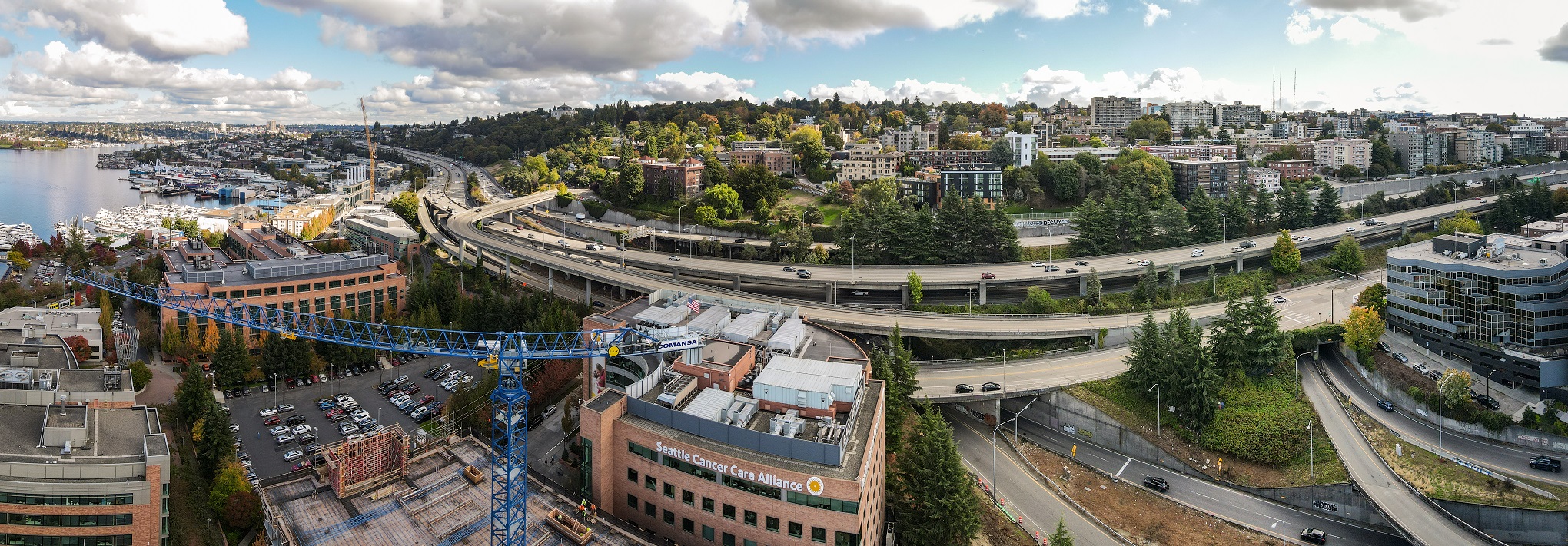The Washington Department of Transportation (WSDOT) is conducting a disparity study for its Disadvantaged Business Enterprise (DBE) Program for construction and consulting contracts. WSDOT seeks to ensure that DBEs and other businesses owned by minorities or women, as well as Veteran Owned Businesses, have equal access to contracting opportunities and that the current initiatives remain legally defensible and administratively successful.

A disparity study involves compilation of evidence to determine whether DBEs have equal opportunities on WSDOT projects. The study will determine WSDOT’s utilization of DBEs and the availability of DBEs as a percentage of all firms in the market area and relevant industries. The study will analyze whether there are disparities, if any, between the availability of DBEs and their utilization on WSDOT contracts and related subcontracts, and throughout the Washington State economy as a whole.
The study will further examine factors necessary for entrepreneurial success, such as access to business capital, bonding, networks, suppliers, etc. It will also gather anecdotal evidence of any continuing effects of past or present race and sex discrimination, and the impact of the current WSDOT DBE program. Another important component is recommendations for future initiatives and enhancements.
The contract for this study has been awarded to Colette Holt & Associates (CHA), a nationally recognized expert team on disparity studies and M/WBE programs. The firm has worked with several agencies in Washington State over many years. CHA is partnering with local DBEs Yates Consulting and WindGypsy Consulting to assist with community engagement and anecdotal data collection for the study.
How can you be involved? The participation of stakeholders and business owners is critical to the study’s outcomes in two important ways.
First, the study team will contact businesses to confirm information on specific contracts and/or to receive additional contract information that is currently not available or accessible to WSDOT. Like most government agencies, WSDOT has not collected all of the specialized contracting records necessary for the study, so the consultant must rely on prime firms to supplement missing data. This information is critical to developing an accurate analysis of the utilization of DBEs on WSDOT projects. With the support and assistance of business owners, the study will present a complete picture of WSDOT’s contracting activities. CHA will work with the firms contacted to make the process as easy as possible.
Second, the consultant will meet with stakeholder groups to obtain their feedback and expertise about the experiences and needs of their member.
Third, interested parties can be part of the process for anecdotal data collection in several ways. CHA will distribute an electronic survey to business owners and conduct stakeholder and business owner small group interviews to obtain information about firms’ experiences with WSDOT and throughout the Washington State construction economy. CHA will also solicit written comments on these topics. The information generated from these data collection methods will be an important component of the analysis of whether DBEs enjoy equal contracting opportunities. To learn about sessions pertinent to your business or organization, or to submit written comments, please email CHA at wsdot-study@mwbelaw.com.